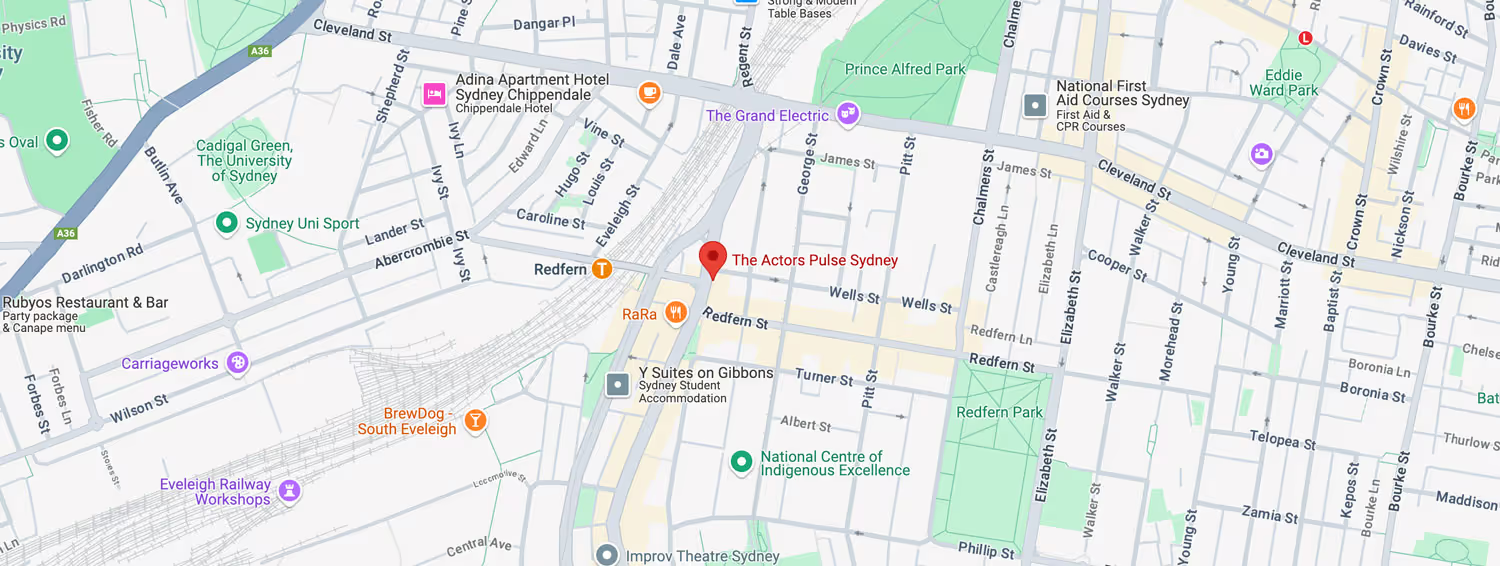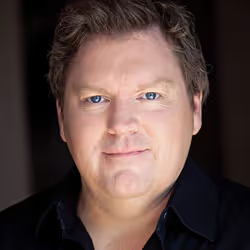
Contact Us
Get in touch with us using the form or details below. We look forward to hearing from you!


Acting – there’s nothing quite like it. The thrill of performing, the joy of inhabiting a completely different persona and world and drawing others into it with you.
But alongside this rush and acclaim, the realities of making a living are lurking. It is easy to associate an acting career with wealth given the stars we see on screen, however, this is far from the truth for many actors.
If you’re considering pursuing acting full time, this article provides some insights into what to expect on your way to the top.
Yes and no. Choosing acting as a career entails both sacrifice and struggle, when it comes to your income, struggle is most certainly a word many actors can relate to. Everyone has heard of the term ‘struggling actor’ for a reason.
Acting will not provide you with a steady salary that you can plan around each month. You may have times of plenty with back-to-back gigs, and other times where there is nothing for months.
This means you need to budget and plan ahead if you are going to make acting a full time and viable option financially. To make money consistently, you’ll need to be prepared to be dedicated, motivated and incredibly persistent.

While it can be a challenge to earn a consistent salary as an actor, the good news is that when it comes to how much you can earn, the sky’s the limit.
There is no average salary for actors, as what they earn is so variable. From megastars earning multiple millions per film to local theatre actors earning a modest income or television stars somewhere in the middle, anything goes.
However, it is important to note that earning into the hundreds of thousands or millions is the privilege of a very small percentage of actors. When you are starting out, it is likely to be significantly less and roles will be far more sporadic.
Yes, you can, and in fact, success is more likely when you throw yourself wholeheartedly into it. You’ll need to be prepared to work incredibly hard and your efforts may not equate to the success you would see in other regular jobs.
You’ll have to:
Sign up for online forums where casting calls are released and use your network connections to learn about lesser-known opportunities.
Following casting directors on social media or engaging an agent can also help you find opportunities to audition and with any luck, snag that perfect role.
We know that money might be tight, but it is essential to continue investing in acting classes and marketing materials for yourself.
Competition is fierce in this industry and you need to ensure you stand out for all the right reasons. Ensuring your CV, headshots, showreel and skill are up to par is essential.
You need to live and breathe acting. This means continually practising scenes and monologues. Identify your strengths and weaknesses and always strive for improvement.
Adding additional skills such as dancing, languages, learning an instrument, martial arts and more can also be beneficial in helping you stand out and land a role.
Very few actors enjoy auditioning. It’s daunting and you’re opening yourself up to possible criticism and rejection. However, as an actor, you cannot avoid them and with practice, it can become a learned skill.
Even if an audition doesn’t lead to work, each one is a chance to practise and refine your audition skills. The more you do it, the better you’ll be and the less intimidating they’ll become.
In this industry, the more work you get, the more work you get. No matter how small or insignificant a role may be, it could be a gateway to more work in the future.
Working as much as possible helps you build your network, practise your craft, create opportunities to get noticed and of course, pay the bills. Unless the job goes against your sensibilities or beliefs, it’s wise not to turn it down.
Bad news travels fast in acting circles and if you have a bad attitude or exhibit unprofessional behaviour on set, you’re unlikely to find work again in a hurry.
Always be on time or early, learn your lines, follow directions without complaint and be patient during long days.
Absolutely! Most actors, even those that are now very well known, have waited tables or similar to supplement their income while they established themselves. Often it’s the only way they can survive financially.
Financial stress is a reality many actors face, often hurting their ability to give compelling performances.
There are a whole host of jobs that can actually use your skills as an actor too if working in hospitality or retail doesn’t appeal.
Consider looking for paid work in:

If working a side job is necessary to keep you afloat, this doesn’t mean you are giving up on acting. Just be sure to balance this work alongside your efforts to become an actor and give enough time to ongoing training and attendance to auditions.
With hard work and persistence, you should be able to eventually ditch your survival job and successfully earn a good living as a full time actor.

You will need to earn enough money to pay for basic living expenses such as electricity, food, rent/mortgage, fuel, car expenses, medical or similar. You also need to be able to cover career expenses.
Acting can be quite an expensive business. From headshots to casting website fees, classes, CV printing and personal website fees, there are several ongoing costs to pursuing acting full time.
Let’s not forget that this industry is heavily focused on appearances too. You’ll also need to keep on top of your personal grooming. Haircuts and colouring, make-up, an audition-worthy wardrobe and possible gym membership only add to the costs.
If you’re intending to make a good living as an actor, you’ll need to factor in all these expenses to determine whether it is achievable.
We suggest making a detailed budget based on weekly, monthly and yearly expenses to guide how much you need to earn through acting. Don’t be surprised if you need to sacrifice some things to make it work or seek additional income.
As we said, sacrifice and struggle are part of most successful actors’ stories.
Ultimately, despite the difficulties financially or otherwise, many people pursue acting as a career. Most would tell you it is because they can’t imagine doing anything else, that this inner calling or passion makes all the sacrifices and struggle worth it.
Dedicating your life to acting means accepting that there’ll be rough patches with minimal income on your way to well paid gigs and acclaim.
To lessen the gaps between paid acting jobs and accelerate your progress, we highly recommend regular acting classes. At The Actors Pulse, our dedicated team of acting coaches can help you remain focused on your goals while enhancing your skills and abilities.
Consistent practice and involvement with the Pulse Group Theatre is a great way to network with industry experts, form connections with like-minded individuals and hone your craft.
We offer a variety of classes to suit your schedule on a part or full time basis. Additionally, as the leading school for the sought after Meisner Technique in the Southern Hemisphere, we are best positioned to train you for work on stage, film or television.
No matter where you are in your acting journey, we are here to help you thrive and take your career to the next level. To learn more about how we can help or for further information about any of our classes, please call 0414 475 515 today or contact us here.









Get in touch with us using the form or details below. We look forward to hearing from you!
